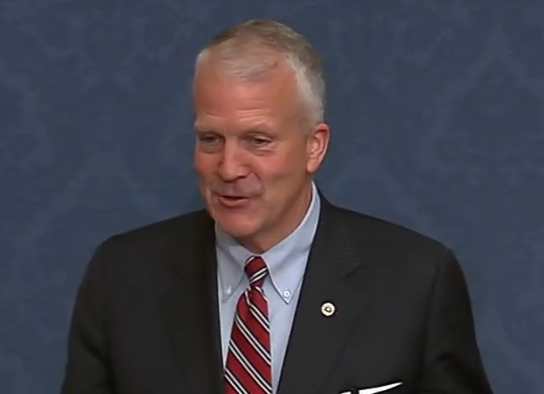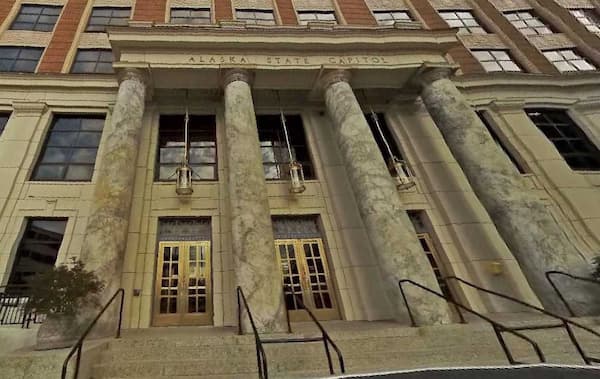WASHINGTON, D.C. – The Indian and Alaska Native Affairs Subcommittee chaired by Alaskan Congressman Don Young on Tuesday received an update from tribal leaders and tribal telecommunications providers on the implementation of the Federal Communications Commission’s (FCC) rule on the Universal Service Fund (USF).
This is the second hearing held by Chairman Young on the issue of USF in Indian Country, and he invited Alaskans Steve Merriam of Arctic Slope Telephone and Julie Kitka from the Alaska Federation of Natives to get an update since the last hearing on June 8, 2012.
|
|
“It has been over a year since our last hearing on this issue and I wish that I could say that a lot of progress has been made on the issues we discussed. I wish I could say that the Universal Service Fund was as robust as it used to be. I wish I could say that FCC listened to the concerns of this Committee and was actively making changes,” Rep. Young said. “Unfortunately, the issues we discussed over a year ago are still a problem, and we also have all new problems stemming from these FCC reforms.”
Chairman Young referenced several major issues with USF that impact tribal and rural America. These issues include a complicated and costly waiver process and the need for large scale broadband infrastructure. Specifically, Chairman Young highlighted three variables that FCC has created, which operate opposite of all commonsense.
“Effectively, these three variables say that it is less costly to build in arctic climates than in warm climates, that it is less costly to build in Alaska than anywhere in the Lower 48, and that Alaska is not 100% tribal even though the FCC and the Bureau of Indian Affair recognize it as 100% tribal. Each of these variables, intended to help Alaska, ends up hurting Alaska. Numerous Alaskan carriers have made the FCC aware of these problems, and nearly a year later, nothing has been changed,” said Rep. Young.
During Tuesday’s hearing, representatives from the FCC did not make themselves available for the hearing.
“Since the FCC first came out with the National Broadband Plan, and the subsequent Connect American Fund, the FCC has refused to be accountable to Congress. FCC staffers have ducked meetings with elected officials and have refused to share data on their Regression Analysis,” Rep. Young said. “I would like to point out to my colleagues that the FCC was invited to Tuesday’s hearing and could not make anyone available to testify. If the FCC is going to maintain that they care about tribal America, they should be taking steps beyond creating an office of Tribal Engagement and, at the very least; they should make themselves available and accountable to this Committee.”








